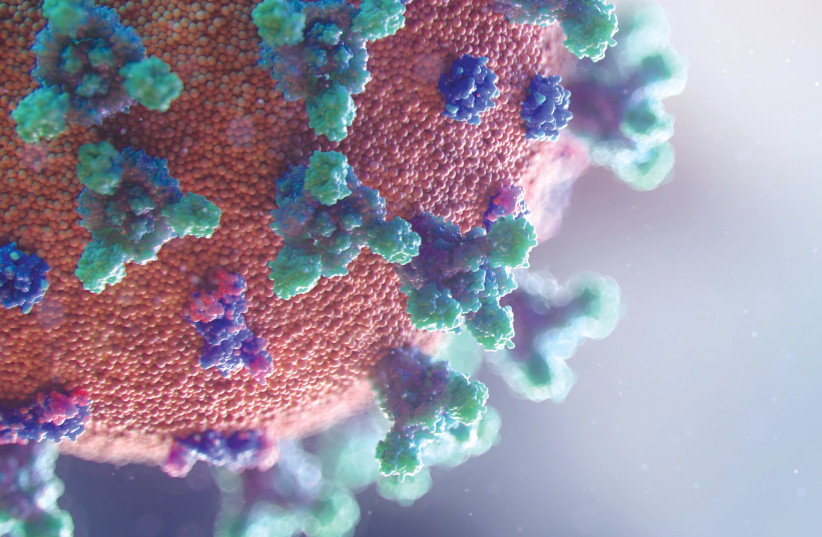Scientists from UT Southwestern Medical Center successfully developed a COVID-19 test that can determine within hours which coronavirus variant a patient was infected with, using data from a study they published in the peer-reviewed scientific journal Clinical Chemistry.
Why is determining the variant important?
Determining the coronavirus variant that has infected a patient is one of the most critical tasks for medical staff during the pandemic.
The differing characteristics of COVID-19 strains can influence doctors' treatment decisions.
At most medical centers, it can take days or weeks to positively determine which COVID-19 variant infected a patient. Pathologist Dr. Jeffrey SoRelle and the team at UT Southwestern have developed a test that he says can "successfully differentiate between all current variants of SARS-CoV-2."
The test is based on SoRelle's CoVarScan, a rapid COVID-19 test developed last year that detects the signatures of eight hotspots on the SARS-CoV-2 virus.
The team used CoVarScan on more than 4,000 patient samples collected at the Texas medical center.

How does CoVarScan work?
CoVarScan was developed to detect small mutations in RNA sequences in eight regions of the coronavirus. It measures the length of repetitive genetic regions that tend to grow and shrink as the virus evolves.
The method relies on polymerase chain reaction (PCR) – a technique common in most pathology labs – to copy and measure the RNA. PCR is also the basis for tests that have extensively been used to test people for Covid-19 over the last two years.
Using this method, the CoVarScan succeeded in correctly identifying the Delta, Mu, Lambda and Omicron variants, including the BA.2 version of Omicron.
"A common critique of this kind of test is that it requires constant adjustment for new variants," SoRelle admitted. "But CoVarScan has not needed any adjustment in more than a year...it is still performing very well.
"In the future, if we did need to adjust it, we could easily add as many as 20 or 30 additional hotspots to the test," he estimated.
Future of COVID-19 testing
According to the study, the CoVarScan is "as accurate as other methods" used to diagnose COVID-19 and can "successfully differentiate between all current variants of SARS-CoV-2."
"Using this test, we can determine very quickly what variants are in the community and if a new variant is emerging,” said DeRolle, who is the chief author of the study.
"It also has implications for individual patients when we’re dealing with variants that respond differently to treatments."
